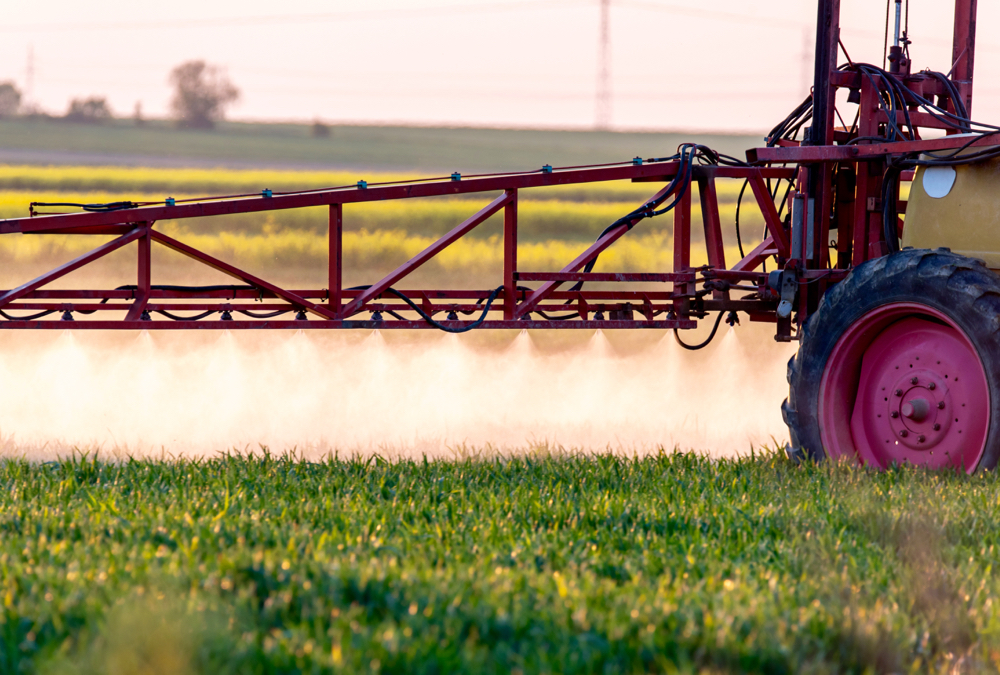Syngenta, Corteva must face part of U.S. farmers’ antitrust lawsuit over pesticide prices

Pesticide manufacturers Syngenta and Corteva must face parts of a class action accusing the agricultural industry giants of using a loyalty program to stymie competition with rivals and keep prices artificially high for farmers, a federal judge in North Carolina has ruled.
U.S. District Judge Thomas Schroeder in a decision on Tuesday said farmers from California, Illinois, Florida, Texas and five other states who sued the companies can proceed for now with some claims under federal and state laws.
Schroeder said the farmers can seek an order to force the pesticide makers to end their allegedly anti-competitive conduct. The judge cut a federal antitrust damages claim, but the farmers could be eligible for compensation under some state law claims remaining in the litigation.
Read Also

Federal government extends On-Farm Climate Action Fund
The federal government says it will distribute $300 million over the next three years in continuation of its On Farm Climate Action Plan (OFCAF), which gives financial support to farmers adopting emissions-reducing practices.
Syngenta and lawyers for the plaintiffs declined to comment, and Corteva did not immediately respond to a request for one.
The farmers’ lawsuit alleged Syngenta and Corteva used loyalty agreements and rebate programs with distributors to block generic manufacturers from making inroads into the market. That allowed the companies to charge higher prices, according to the farmers. Syngenta and Corteva have denied the claims.
The lawsuit mirrors a case being pursued by the FTC and a group of states, including California, Texas, Indiana and Illinois. The alleged exclusive-dealing scheme has caused farmers to overpay annually by “many millions,” according to the FTC.
Schroeder of the federal court in Winston-Salem, North Carolina, in a ruling last year said the government litigation could move ahead.
Syngenta and Corteva had argued the farmers had not shown how they were harmed, since they said they buy products from distributors and retailers and not from the manufacturers.
Source: Farmtario.com

